Home > Climate News >

Is fungi the most underused resource in the fight against climate change?
Picture a group of “climate change warriors” massing together in a battle to save the planet. Did you imagine a line of mushrooms? Well, maybe you should have, according to scientists at Boston University in the United States.
Fungi play a critical role in helping forests absorb carbon and combat the potential impacts of climate change, two Boston researchers say. Known as the “fifth kingdom of life on Earth”, there are millions of species of fungi and they are present everywhere: in water, in the air, in the soil, and on trees…

Researchers can now explain how climate change is affecting your weather
Chances are, if you live on Earth, you’ve experienced some strange, or downright dangerous, weather in the last few years. Maybe it was a heat wave that was hotter and longer than you’d ever experienced. Or a thunderstorm that dropped a scary amount of rain. Or a powerful hurricane that seemed to materialize overnight.
Climate change is part of that story. Extreme weather is more likely as the Earth gets hotter. But such sweeping statements can feel impersonal, when really what you want to know is: has climate change affected me?
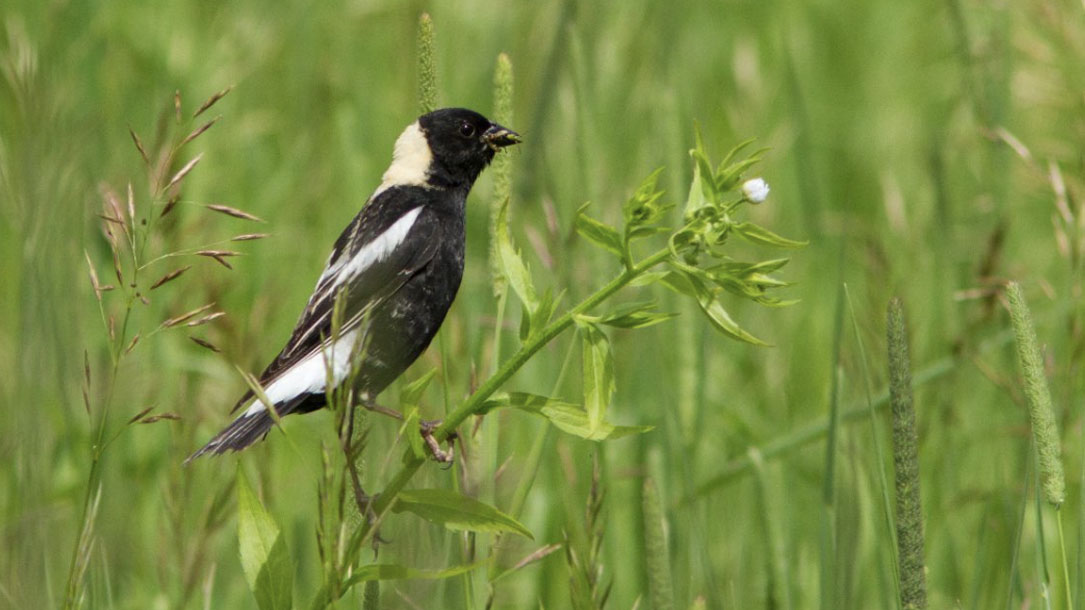
Climate change affects bird nesting phenology: comparing contemporary field and historical museum nesting records
Global climate change impacts species and ecosystems in potentially harmful ways. For migratory bird species, earlier spring warm-up could lead to a mismatch between nesting activities and food availability. CO2 provides a useful proxy for temperature and an environmental indicator of climate change when temperature data are not available for an entire time series.
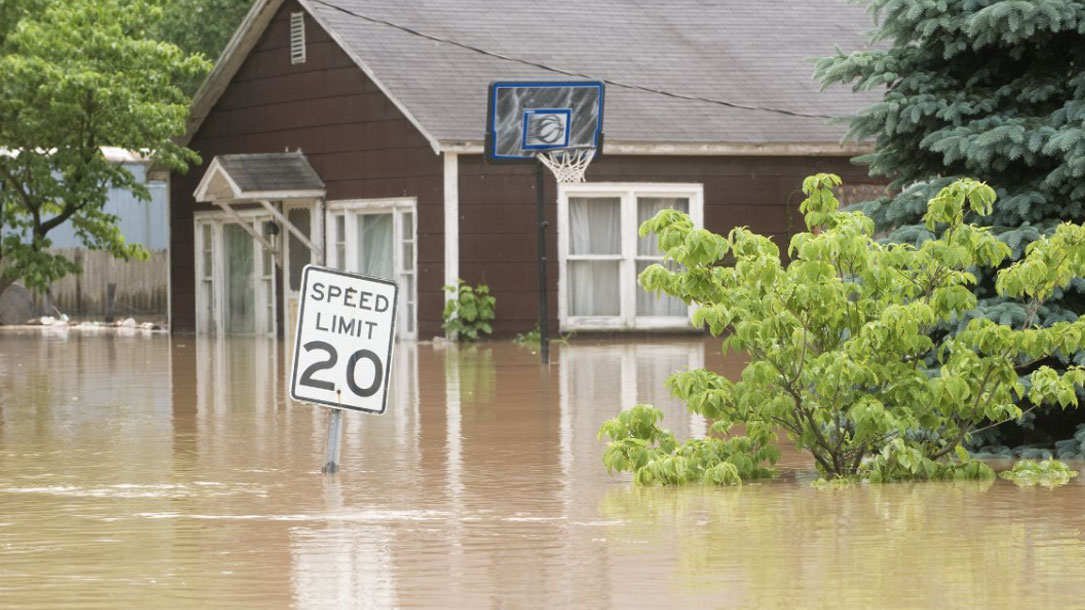
The climate anxiety discussion has a Whiteness problem
In the late 2010s, as concern around the climate crisis finally began to swell toward today’s crescendo, Ray, a professor of environmental studies at California State Polytechnic University, Humboldt, turned her focus toward a relatively new phenomenon that had entered the discourse: climate anxiety — the “chronic fear of environmental doom.” As Ray began to write and talk about climate anxiety, she very quickly noticed that the people interested in her work shifted. “What happened? It got a lot whiter,” she says…
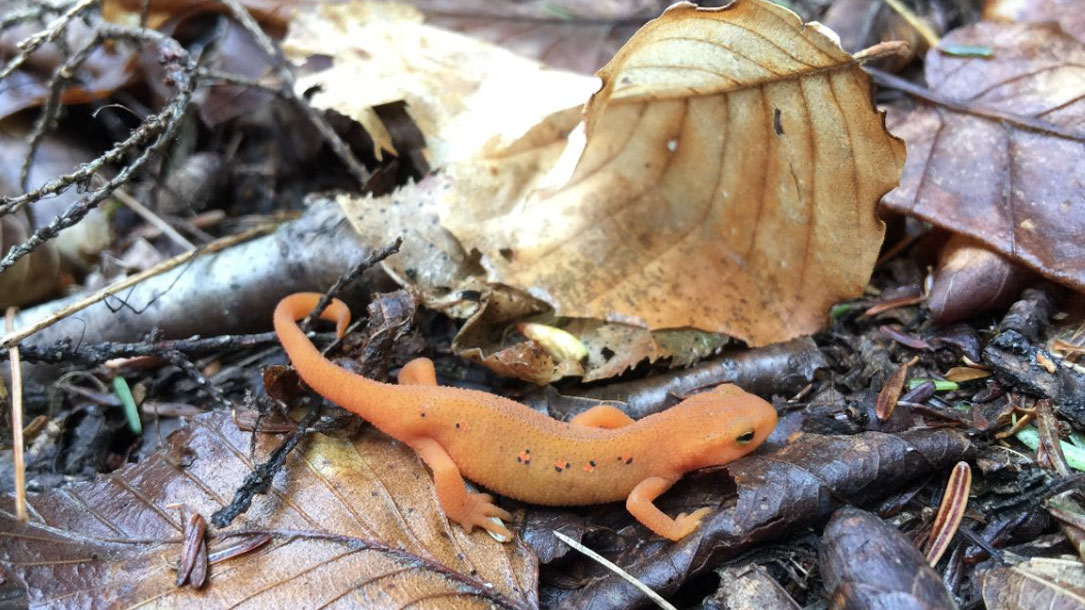
Ensuring that NbS support thriving human and ecological communities
Their mission is to enhance understanding of the value of nature-based solutions to societal challenges and to help ensure they support thriving human societies and ecosystems without compromising efforts to keep fossil fuels in the ground…

Americans beginning to correlate extreme weather with a climate crisis, but purse strings are still tight
Broader socioeconomic factors are also affecting those who are experiencing weather events, and more importantly, how these parties can financially respond to these events — and thus how willing they are to pay even more.
For instance, only 29% of households that experienced extreme events had 100% of their damages covered by insurance. Renters though had it worse — with those who have experienced extreme events being uninsured 70% of the time…
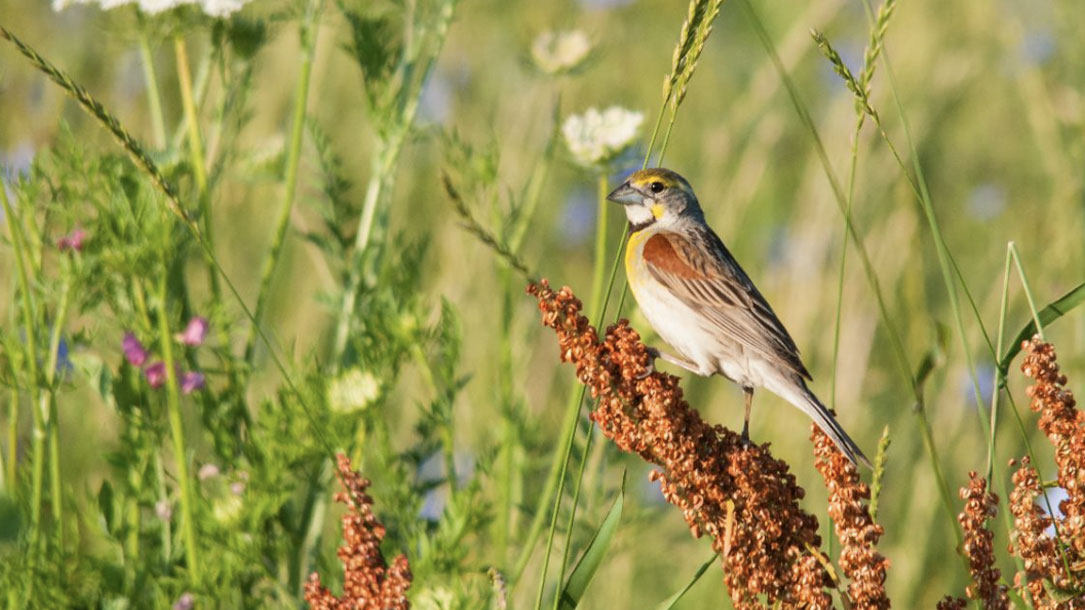
Increasing climatic decoupling of bird abundances and distributions
Species differences in climate matching trends were related to their ecological traits, particularly habitat specialization, but not to average rates of climate and land use change within the species’ ranges. Climatic decoupling through time was particularly prominent for birds that were declining in abundance and occupancy, including threatened species….

Wildfires growing, temperature soaring around the world
Dr. Mann is a climate scientist who, in addition to his ground-breaking research, is also a widely-respected climate communicator. See what you think about his interview with CNN.

Four things to know about fungi “Climate Warriors”
Fungi represent an entire kingdom of life on Earth. When you think of fungi you might visualize mushrooms in something you eat, or mushrooms that pop up along the forest floor. But some fungi, called mycorrhizal fungi, can exist entirely underground, growing symbiotically with the roots of trees.
These fungi may not be visible to us, but our research group has found that these mycorrhizal fungi are doing us a huge climate favor behind the scenes. These fungi are climate change warriors, helping forests absorb CO2 pollution, delaying the effects of global warming, and protecting our planet.
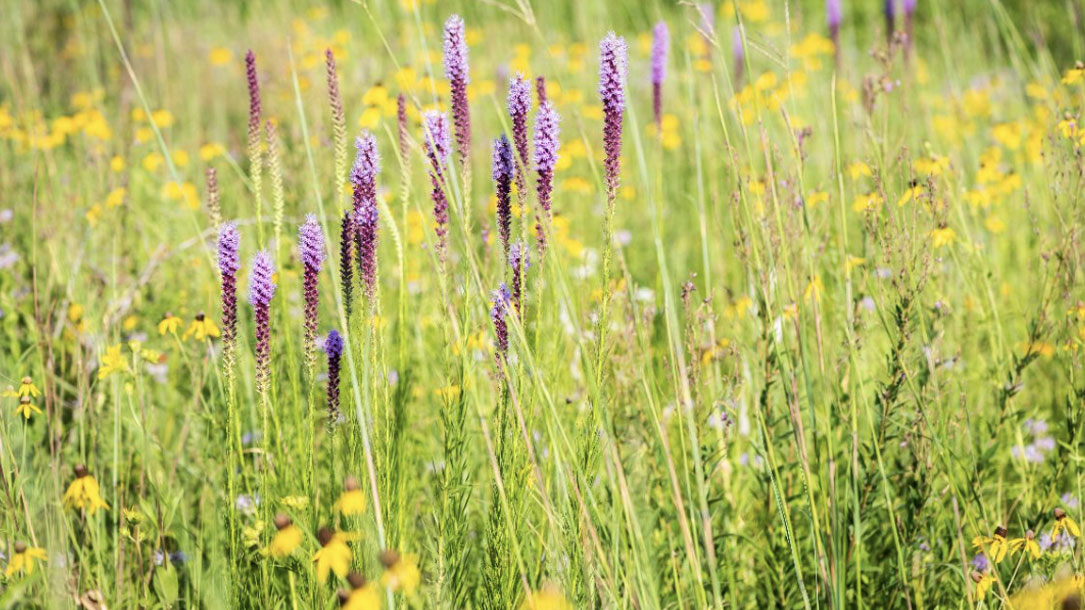
As climate shifts, species will need to relocate, and people may have to help them
Climate change is already affecting plants and animals worldwide and is a growing threat to biodiversity, adding a new layer to the existing challenges of habitat loss, invasive species, pollution, and overexploitation. A new study surveyed the recommendations of scientists for managing biodiversity in the face of climate change, providing a summary of practical guidance and identifying areas in need of further research…












